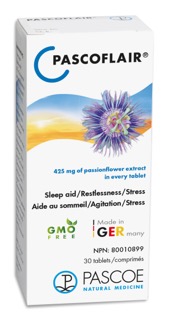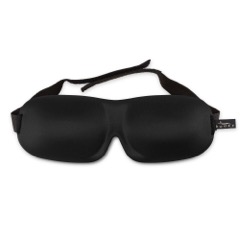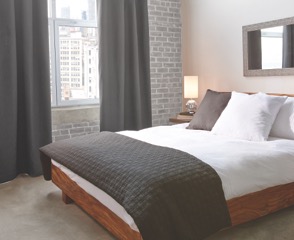From sleep apnea to brain drain, from too much melatonin to not enough magnesium…it’s hard to know what can really be causing your sleep issues.
Sleep is one of the most important things we do for ourselves, and may be the most important. Lack of sleep can lead to lowered concentration, increased stress, and even greater susceptibility to colds and flus. The average person needs 7-9 hours of sleep per night to recharge, but 40% of Canadians have some degree of insomnia.
In fact, Professor of Sleep Medicine at Harvard Business School, Charles Czeisler, states, “We now know that 24 hours without sleep or a week of sleeping four or five hours a night induces an impairment equivalent to a blood alcohol level of 0.1%.”
That’s above all legal limits for alcohol while driving. Predictably, 20% of automobile accidents are cause by nothing more than lack of sleep.
Three Canadian experts debunk the myths and provide the cold, hard facts on sleep so you can hit the hay and sleep soundly tonight, and every night.
Jenn Pike, Holistic Nutritionist, says that your bedtime routine actually starts from the moment your alarm goes off in the morning. Did you know that what you do in the morning and throughout the day can help ease you into a deep sleep at night?

From the moment you wake up, you set the tone for how you’ll sleep that night. Keeping your blood sugar stable throughout the day and staying hydrated are my top two tips to help you lead toward a better night’s sleep. Be sure to begin your day with a slow-burning and satisfying meal that will give you a steady flow of energy throughout the morning, and break down slowly so that is won’t spike your blood sugar and leave you crashing shortly after.
To keep your blood sugar at an ideal level, be sure to eat every 3-4 hours throughout the day. Ideally you want to consume a balance of lean protein, healthy fats and complex carbs such as wild rice, quinoa, roasted vegetable or fibrous raw or steamed veggies.
To nail your hydration quota, fill three 1 litre mason jars at night to pack for work the next day. Your body requires proper fluid intake for nearly every bodily function, not to mention energy, and to help flush toxins from your system.
Sleep expert Robbin Coedy gets down to the nitty gritty of why most people can’t sleep, and examines three important supplements and their uses.
- Melatonin is best known for helping with sleep but might be misunderstood. If you produce the right amount then you really don’t need to be taking more. It’s best for people who are trying to switch their sleep-wake cycle, for example, while traveling to another time zone or changing shifts at work. Melatonin production decreases with light and increases with darkness; to improve your overall sleep and to fall asleep quicker, try making your room as dark as possible or wear a sleep mask.
- Magnesium is another supplement that is highly touted for sleep. It acts as a muscle relaxant, and therefore may benefit people for whom body tension is the cause of their poor sleep. If muscle tension is not your problem however, magnesium might not help you get the zzz’s you are looking for.
- For most people, sleep issues do not stem from their muscles, but rather from their overactive brains. We try to fall asleep or stay asleep, but our minds are just too busy. This is where a key supplement, passionflower, comes in. Passionflower works in the brain to take away running thoughts. It is not a sedative, so it does not actually put you to sleep, but by calming the thoughts that are keeping us up at night, it allows the body to fall asleep naturally. It is easy to get back to natural sleep with passionflower: a high-dose tablet works within 30 minutes and you only take one tablet as needed.

Lack of exercise or the timing of exercise can really affect your sleep (or lack of sleep!). Celebrity personal trainer Brent Bishop swears by his shuteye. If you are training hard, trying to gain lean muscle tissue, lose weight or even maintain, it’s important to get the rest your body truly needs so that all your efforts are achieved. There is no point in sweating it out 4-5 times a week if you aren’t going to give your body the rest it needs to recover from those workouts.

When you jump into bed, make sure you leave your cell phone out of the bedroom. Instead of checking Facebook, Instagram and email up until you shut your eyes, try some in-bed stretching with deep breathing. Spending 5 -10 minutes focusing on light stretching with simultaneous deep belly breathing can do wonders for easing tight muscles, calming the mind and promoting a relaxed state – ideal for dozing off. To take it one step further, try incorporating some regular myofascial release techniques during the day to help increase circulation and restore tight muscles.

By examining what’s causing your sleep issues and implementing the experts’ suggestions outlined here, you can be sleeping soundly sooner than you think. And once you start to reap the rewards of better sleep, you’ll be hooked on the high sleep provides. Living life well rested really does provide the foundation for living your best life. Sleep tight!
You can find Jenn Pike and Brent Bishop on Twitter:







 Current Issue
Current Issue Previous Issue
Previous Issue Prior Release
Prior Release
